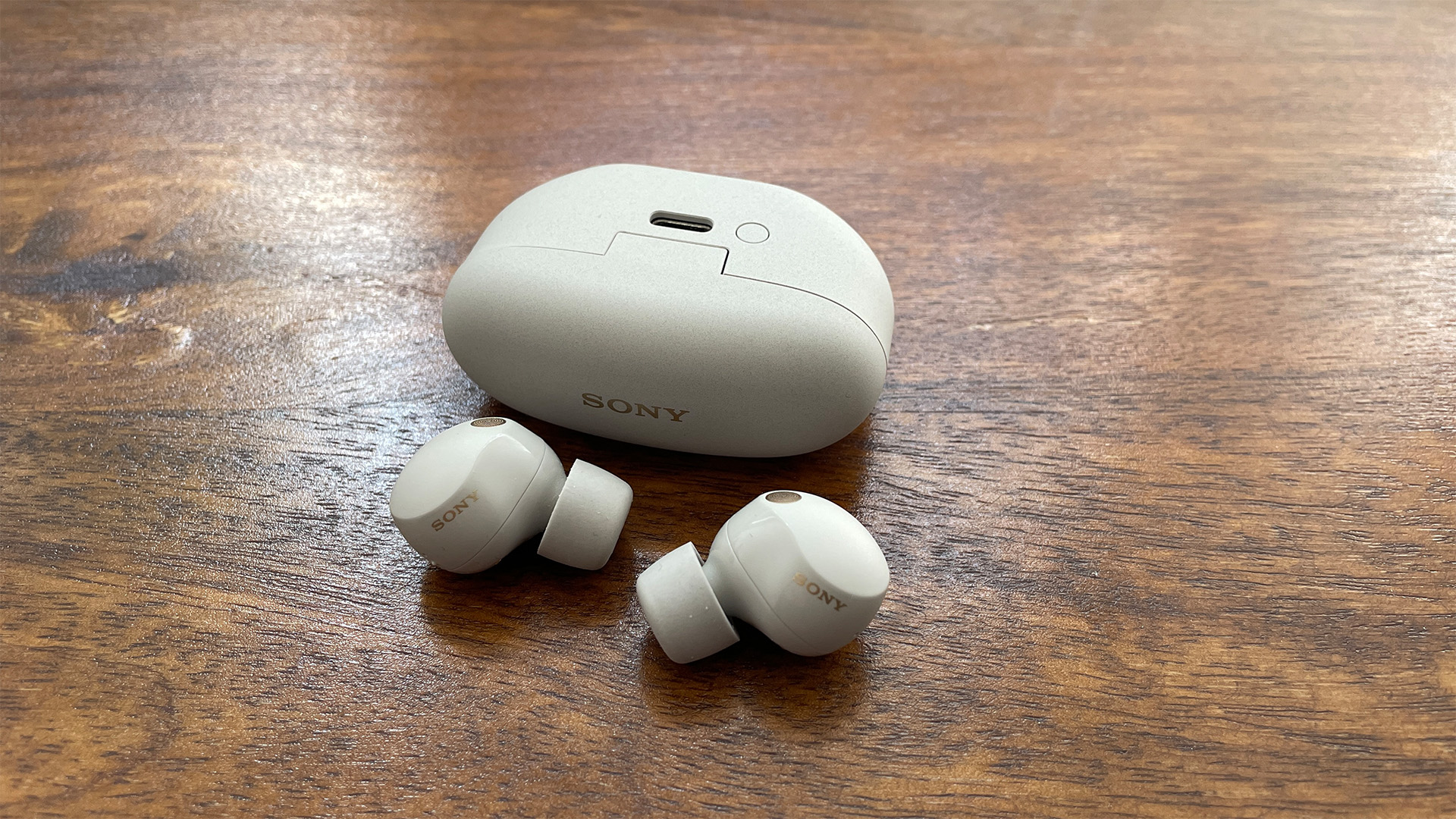Millions of US TV screens will go blank tomorrow as digital switchover is completed
It's been delayed, it's been the source of wrangling in Congress, and it's had consumers totally confused, but tomorrow the analogue TV signal is finally switched off in the States. And that could mean millions of viewers suddenly have no television.
Back in February, after extended lobbying, newly-installed Obama signed through legislation to delay the switchover to June 12 just days before it was due to take place. But reports suggest that over 10% of US households still aren't ready, and that the switchover may particularly affect the poor, the elderly, the disabled and non-English speakers.
What's more, Obama has ruled out any further delays: in a statement last week he said that "On June 12 the nation’s full-power television stations will switch to all-digital programming. The transition to digital will free up airwaves for broadband and enhanced emergency communications for our police officers, firefighters, and other first responders.
“In February, I worked with Congress to postpone the deadline television broadcasters had to end their analog signals, because it was clear that millions of Americans would have been left in the dark if the conversion had gone on as planned. I directed key members of my administration to reach out and help Americans, especially those in our most vulnerable communities, to make the switch to digital television.
“In the months since then, we have worked hand in hand with state and local officials, broadcasters and community groups to educate and assist millions of Americans with the transition. The number of households unprepared for digital television has been cut in half. Still, some people are not ready.
“I want to be clear: There will not be another delay. I urge everyone who is not yet prepared to act today, so you don’t lose important news and emergency information on June 12.
“And I encourage all Americans who are prepared, to talk to their friends, family and neighbors to make sure they get ready before it’s too late.”
Much of the difficulty has surrounded the administration of a voucher scheme, under which each household has been entitled to two $40 vouchers towards digital TV equipment. Many households applied late, or have not received their vouchers, and at one point there were shortages of low-priced digital converter boxes.
The stocks of converter boxes have now recovered, and authorities are advising those who still haven't received their vouchers to buy a box and install it, simply so they have access to vital information in the case of an emergency. And those with spare vouchers are being urged to pass them on to neighbours who haven't received coupons in time.
More than $2bn has been spent by the federal government to provide the coupons, but a report in the New York Times last weekend suggested some 12m households still may not be ready. Some 3m of those have no access to cable or sattellite TV, which will be unaffected by the switchover, while 9m more may have sets with no converter.
According to research, major cities such as New York, Los Angeles, Chicago and Philadelphia are among the most vulnerable, while Puerto Rico tops the list simply because it has the largest proportion of homes without cable or satellite. In New York alone, it's thought over 400,000 homes will wake up to no TV tomorrow.
The Federal Communications Commission is bracing for a storm of complaints from those with no reception: it's spending $40m on a call centre, which will be fully staffed tomorrow and over the weekend.
But the best comments on the whole fiasco comes from commerce secretary Gary F. Locke. He identified the fact that Americans tend to procrastinate, saying that “There are so many people who are always waiting until the last minute, whether it is college students doing term papers, or people filing taxes, or people like me who wait until Christmas Eve to do their shopping.”
And he added “Too many people don’t know the difference between digital and analog. I didn’t even know myself until a few months ago when my brother-in-law explained it to me.”
It's good to know the best advisors are being used...
The latest hi-fi, home cinema and tech news, reviews, buying advice and deals, direct to your inbox.
Andrew has written about audio and video products for the past 20+ years, and been a consumer journalist for more than 30 years, starting his career on camera magazines. Andrew has contributed to titles including What Hi-Fi?, Gramophone, Jazzwise and Hi-Fi Critic, Hi-Fi News & Record Review and Hi-Fi Choice. I’ve also written for a number of non-specialist and overseas magazines.
